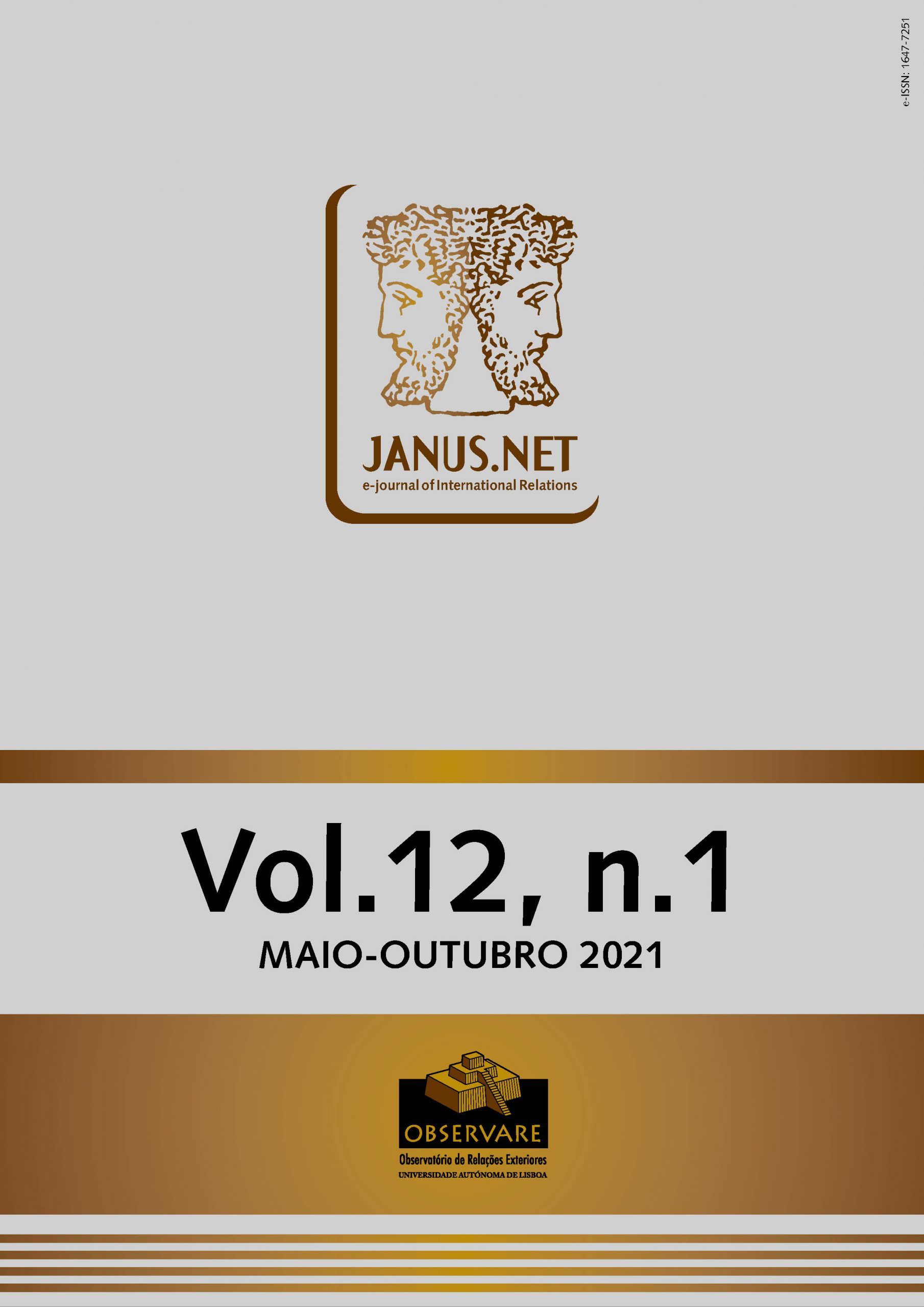Energy issues in the European Union have been present since the beginning of the integration process in the bloc. Motivated by the challenges of the 21st century and by the intensification of problems related to energy supply, the European Commission proposed changes that resulted in the profound transformation of energy systems through the proposal of the Energy Union in 2015. In this context, decentralized cooperation projects and actions between Smart Cities have been conducted. These implied associating sub-national dimensions with regional ones for the treatment of energy problems from an efficient and sustainable resource management perspective.
DECENTRALIZED COOPERATION BETWEEN SMART CITIES REGARDING RENEWABLE ENERGIES IN THE EUROPEAN UNION: ANALYSIS OF PROJECTS AND ACTIONS
She is a doctoral fellow of the National Council of Scientific and Technical Researches of Argentina (CONICET, Argentina). She is a Ph.D. student of International Relations at the National University of Rosario (UNR), holds a degree in International Relations (UNR), and a master degree in International Integration and Cooperation (CERIR-UNR). She is adjunct professor at UNR and is part of the Study Group on Gender and International Relations (IRI-ULP).
Resumo
Palavras-chave
Como citar este artigo
Abbondanzieri, Camila (2021). Decentralized cooperation between Smart Cities regarding renewable energies in the European Union: analysis of projects and actions. Janus.net, ejournal of international relations. Vol12, Nº. 1, May-October 2021. Consulted [online] at date of last visit, https://doi.org/10.26619/1647-7251.12.1.7
Article received on 26 January, 2020 and accepted for publication on 8 March, 2021















